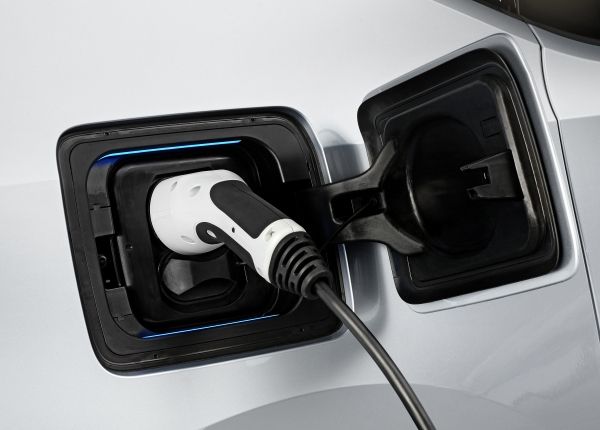Ecotricity has backtracked on its initial plans to ask customers to pay £5 for 20 minute charging blocks for electric vehicles and will now offer 30 minute windows for £6 instead.
The green energy firm revealed last week that it would begin charging customers with a roll-out scheme underway to install payment infrastructure in each of the circa 300 charging points around the country.
The announcement sparked a huge backlash from drivers who claimed that while the need to begin paying for electricity was expected, the £5 flat rate was not well-suited to the charging period offered.
The change in pricing was announced earlier today on BBC Radio 4’s You and Yours programme by Dale Vince, founder of Ecotricity, who said: “We’ve changed our plan over the weekend following feedback from our drivers. We’ve done this to reflect the fact that most EV drivers – electric vehicles, not hybrids – have said that they need 30 minutes to get the ideal 80% battery charge that they are used to getting.”
Vince’s intervention comes on the day that the company released the Electric Highway app which will be used to pay for the service electronically at each pump in place of the current card scheme. Modems will be installed to boost signal at each charging point to ensure operation of the app with the rollout scheduled for completion by 5 August.
Customers of the Electric Highway, which has charging points installed at motorway services throughout the country as well as several IKEA stores, are being encouraged to keep their cards until this date and download the app immediately to ensure they are able to use the network throughput the transition.
However, the decision to begin charging at this flat rate has caused a heavy backlash against the green utility after several EV drivers took to the comments section of the app store to vent their anger.
Many are critical of how the pricing structure has been put together, claiming a price per kWh would be far more effective and acceptable than a flat rate across all models, many of which charge at different speeds. It has been claimed that due to the numerous charges needed to accommodate motorway driving in an EV or hybrid vehicle, the new Ecotricity charging plan makes petrol or diesel cars the more economic option.
The move from 20 minute charging to a half hour is intended to address this issue, with a spokesperson for Ecotricity telling Clean Energy News that the updated charging period reflects feedback the company had received over the weekend.
“We reviewed a lot of the feedback we got from customers over the last few days on social media, calls into our contact centre and emails and we determined the major concern that people had with the pricing was how long that gave them at the charger and whether they could get a sufficient charge at that time,” he said.
“Most of the feedback we got was that half an hour was the optimum time that people wanted, or needed, so that’s why we’ve decided to change the charging model.”
However, the company also revealed that it had not spoken to any of the Electric Highway users prior to coming up with the original pricing plan, instead using statistics covering the average time spent by all drivers – EVs and petrol/diesel – to come up with the pricing plan.
This could explain the negativity that has been directed towards the company since its announcement, with many still rallying against the new charging structure. A survey conducted on Twitter by Zap Map found that the majority of respondents (47%) were angry at the new regime and would use their EVs less as a result.
A number of others have appealed to the manufacturers behind some of the most popular EVs on the market, with Nissan saying it was already in discussions with Ecotricity on behalf of the owners of Nissan LEAFs.
Despite these pressures, the utility has attracted some positive feedback in light of the increased time allotted to charging periods.
The company’s spokesperson added that it would “continue to keep reviewing the situation” in light of the opposition it has already received but that it was always the strategy to charge for use of the Electric Highway.





